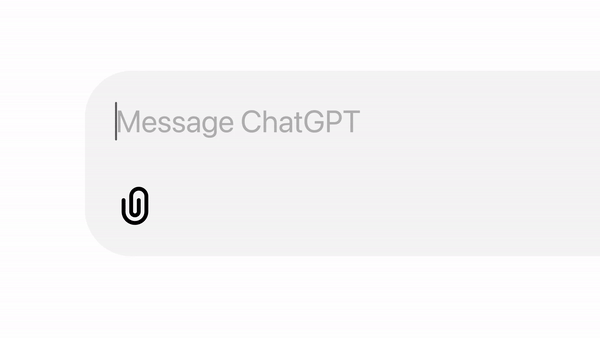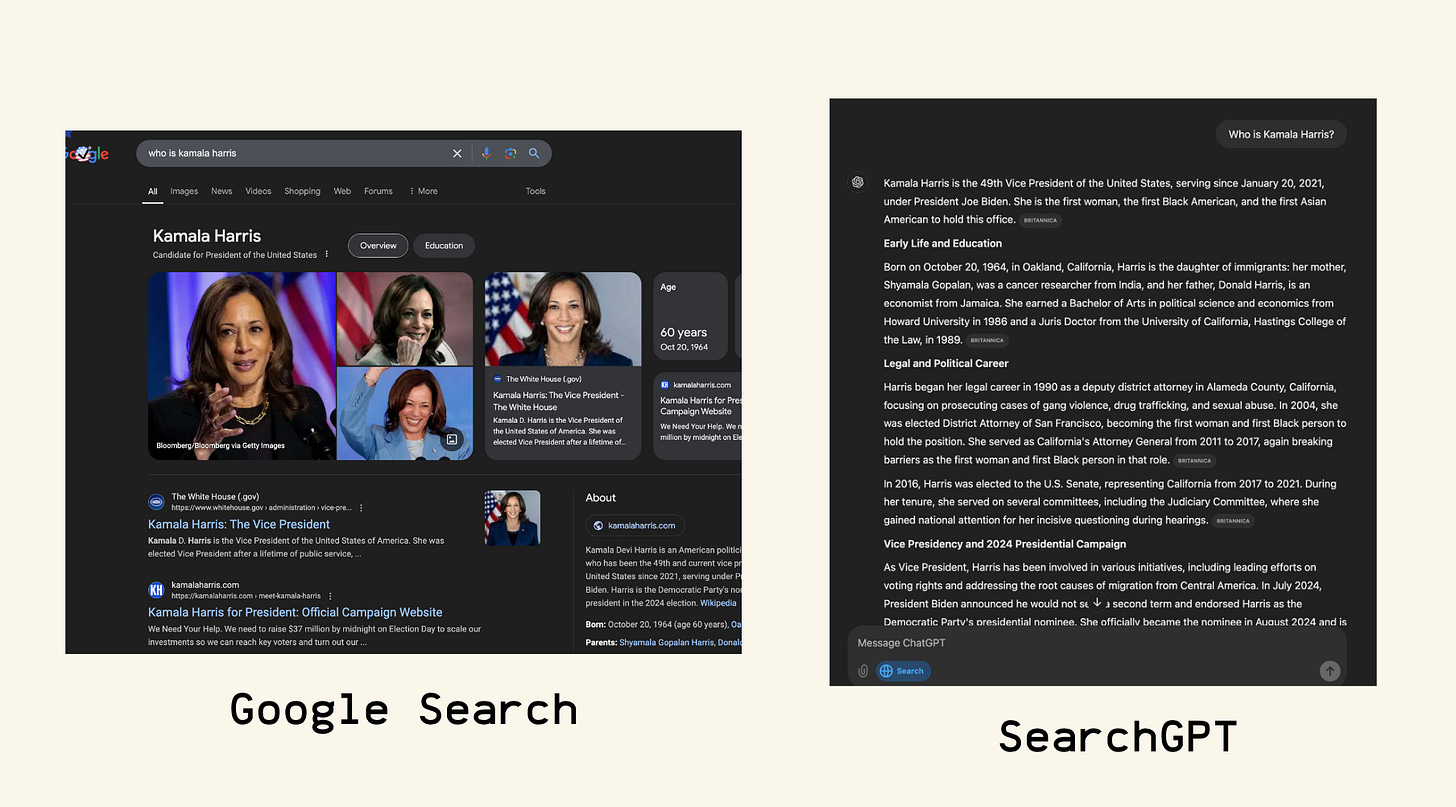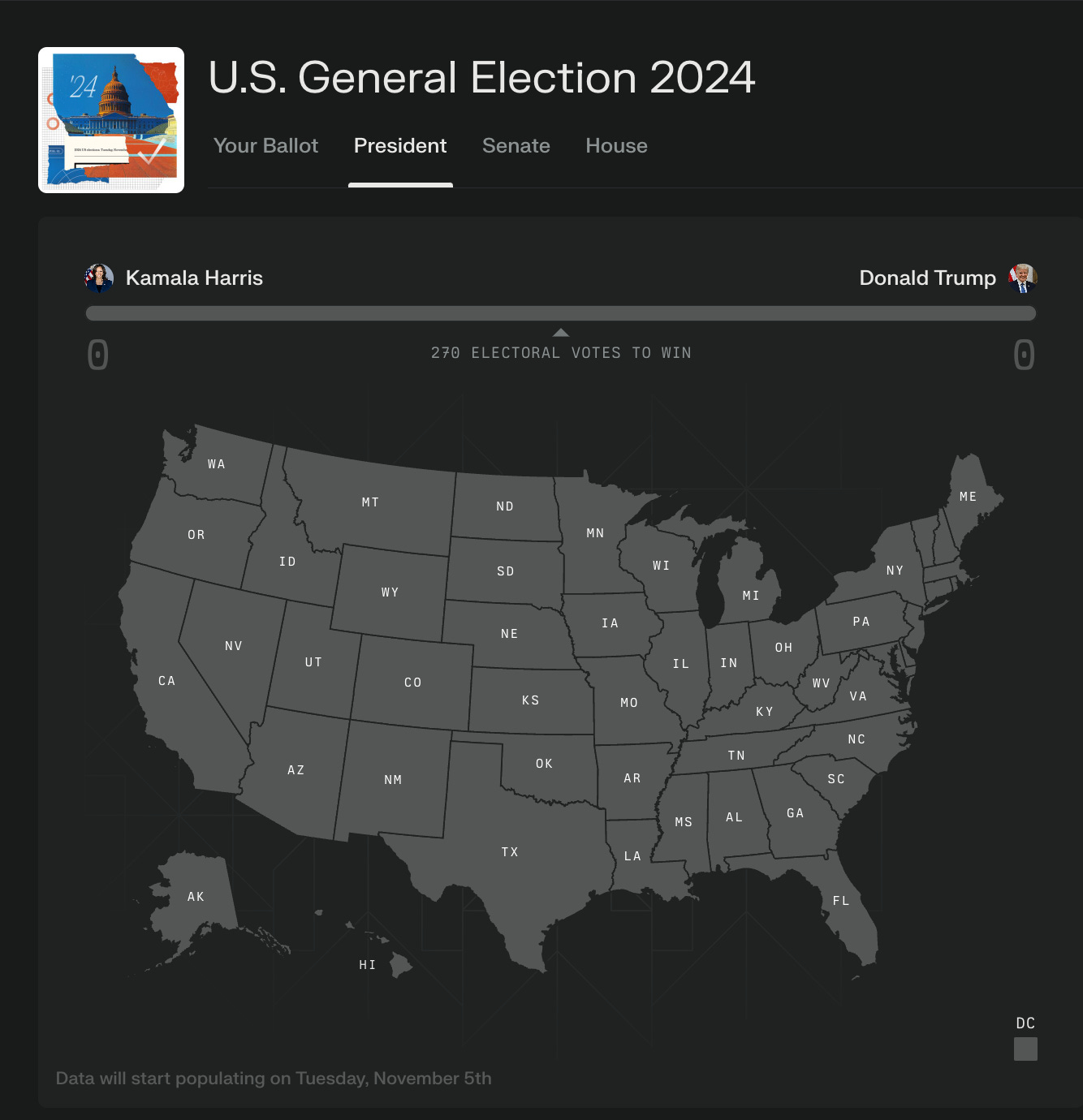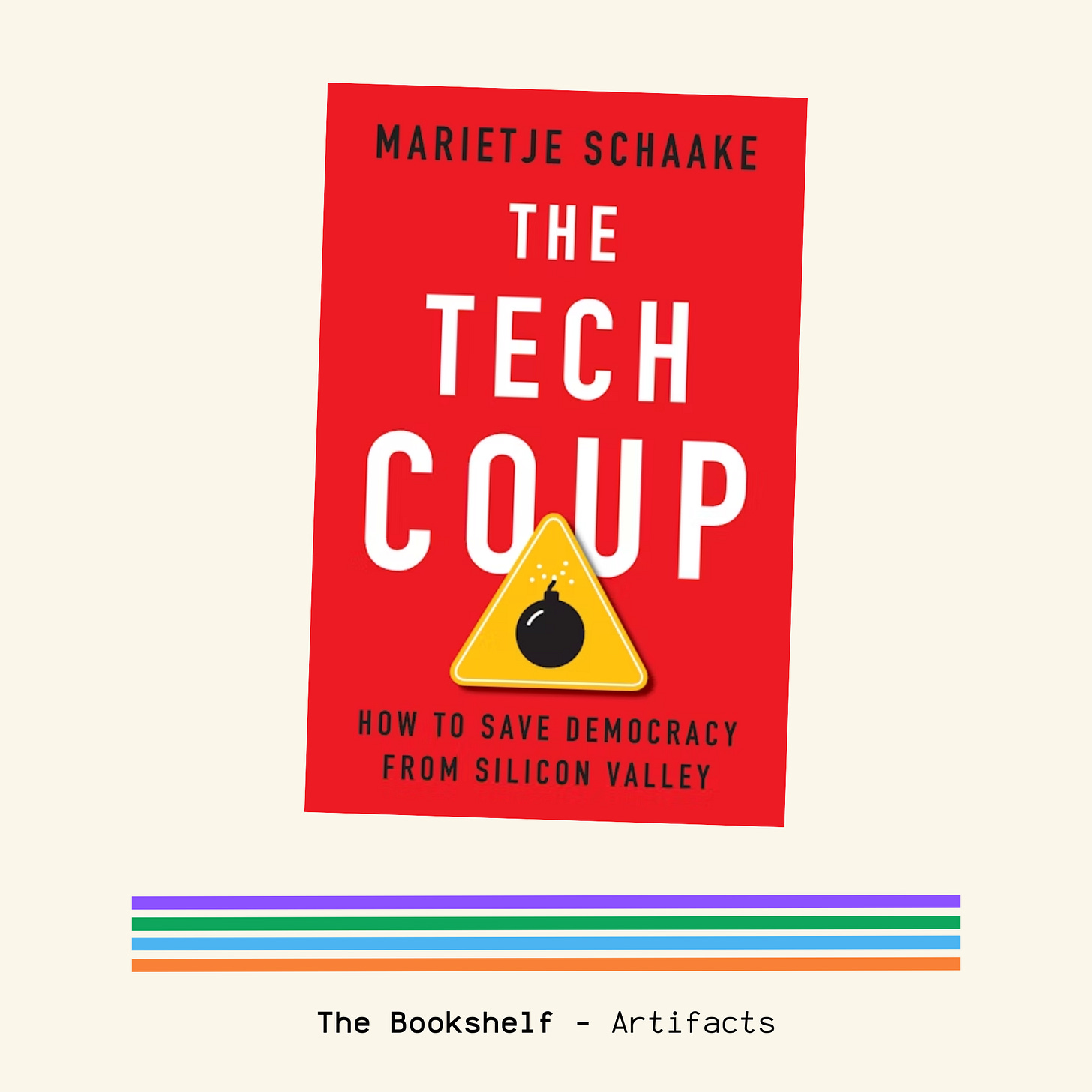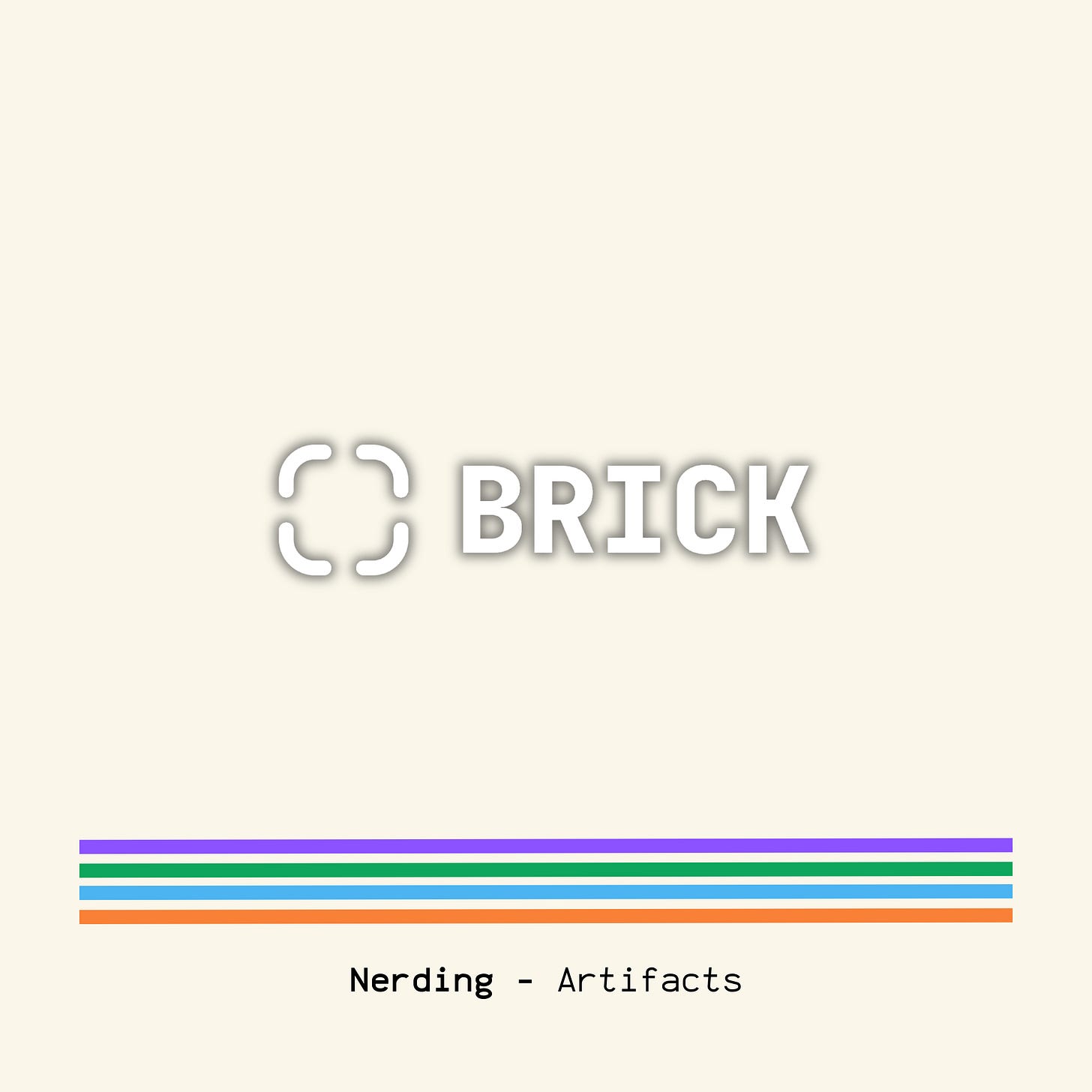Halloween this year, OpenAI played a trick.
No flashy new model, no major tools or apps. Instead, they slipped in a small but seismic shift: SearchGPT, an internet browsing feature in ChatGPT.
Sure, they had something similar before, but let’s face it—it was clunky, often unreliable, and sources were murky at best.
Now? It's something else. Smooth and seamless, like this:
It’s easy to dismiss as OpenAI just catching up to Google’s Gemini or Perplexity. But there’s something deeper here.
This isn’t just an upgrade; it’s a marker of where AI and search are heading.
AI-driven search isn’t a nice-to-have feature.
It's an epistemological change.
And it's not a stretch. Just take a look down here:
Searching the Internet like this is just easier, smoother, and quicker.
The old dance was simple: search, click, read, repeat. Now we cut right to the answer. No more scanning lists of links or opening a dozen tabs.
Now, we ask; it answers.
But there's more to it. Instead of hyperlinks, we’re served sentences. Instead of fragmented pages, we get a full conversation.
And instead of keywords, we use questions, as if we’re talking to the web.
Everything is getting more and more conversational.
Until now, we stretched our language to adapt to machines—those stripped-down, choppy search terms we fed Google. But now, the flow is reversed.
The language of AI search is becoming our natural language. We’re seeing the first glimmers of a future we’ve only dreamed about: talking to the Internet, like we might talk to a friend.
It’s a leap toward something that could be AI’s killer feature, something actually useful—not just another machine churning out empty paragraphs for LinkedIn posts.
But here’s the thing: even if the pieces are falling into place, we’re still a long way from the future of search we imagine. The potential is huge, but there’s work to be done to make it a reality.
Why that is—and what might be required to steer the future of search—are the questions this edition of Artifacts aims to answer.
The Story
People are not using AI for Search. Data are clear:
Critical masses are still anchored to Google, and unseating a habit that ingrained won’t happen overnight.
This is why it matters when big players like ChatGPT enter the scene, bolstering the ranks of AI search challengers.
Even so, it’s just a drop in the ocean.
As with any technology, adoption is key. But widespread adoption is a steep hill to climb.
Bottom line? As long as Google remains the default on most browsers, it will continue to wall off the search market from outside innovation.
Or, at least, this would be the case as long as they don’t decide to go full steam on AI Search (as they're trying to do with AI Overviews) and being those ushering in the revolution.
But here’s the kicker: for the time being, other contenders—OpenAI, Perplexity, and the like—aren’t making it to users’ devices, and the reasons aren’t exactly fair.
(And that's why they are pushing own plug-ins and calling for for a new era.)
The reality is, piecemeal solutions won’t be enough. Structural remedies are needed to give AI search a real shot.
Enter competition policy—the Digital Markets Act in the EU, for instance, aims to make search engine choice more transparent to citizens, though writing the rule is far easier than enforcing it.
Or consider the Google antitrust case in the U.S., where the potential breakup of services could crack open the walls around search.
These structural moves, intended to curb Google’s dominance, might, ironically and unexpectedly, create room for AI search to gain traction with the general public.
But here’s a caution: adoption is only part of the puzzle.
Underlying this shift are economic incentives and dynamics that are causing headaches for everyone involved.
In a snippet: AI Search could upend the economic model of online search.
If AI tools like Perplexity and ChatGPT answer questions directly, users won’t visit websites as they used to, disrupting the entire advertising-based ecosystem that search engines and content creators rely on.
The equation is simple: if users stop visiting websites, ad revenues plummet. Google and other ad players lose a primary revenue stream, and media outlets—already under pressure—face further erosion of their advertising income.
So, what? The advertising model may soon be outdated and a new one is yet to come.
The tension is especially fraught for media. Many are wary of having their content scraped and repurposed without compensation, especially as AI models depend heavily on existing online material.
Some publishers are striking deals with AI providers, agreeing to license their content in exchange for a cut of the benefits. Others, like the New York Times, are taking a harder line, suing providers for “stealing” content.
But here’s the irony: media do not just need to defend from a "steal" but they may hold the stronger hand.
AI providers depend on high-quality content to generate useful responses. Without access to reputable sources, AI search tools are just glorified aggregators.
That’s why media outlets have leverage to negotiate—AI providers desperately need their content.
Yet, what these agreements may entail and the shape they'll take is still unclear.
Finally, the rise of AI search is a foundational change in both knowledge and business.
There are still many moving parts, and it will take time for them to settle.
But as the landscape of search, knowledge, and business continues to shift, it’s a puzzle worth watching—and worth searching for solutions to solve.
Save for Later
We need clarity on deals between media and AI companies.
Machines of Loving Grace among us? A nice essay
Micro things that would tickle your fancy around blogs on the web.
Europe may be the new Silicon Valley? A rundown of European start-ups, in different cities
Perplexity has dropped some super cool merch. Branding! But also a super cool way to follow the US Elections.
What the hell is Founder Mode? In the words of its founder, with much more on running a start-up and tech culture:
The Bookshelf
For a sharp take on breaking up Big Tech, opening opportunities, and fostering innovation, read “The Tech Coup” by Marietje Schaake. A former MEP with deep experience in digital policy and research (at Stanford, no less!), Schaake brings a nuanced perspective to the table.
📚 All the books I’ve read and recommended in Artifacts are here.
Someone said this before
“Technology should be the synonym of change” - the guy above from Airbnb
Nerding
Literally, a brick, a physical one. Designed to limit your phone usage with something tangible. Maybe a bit expensive, but would be curious to try it out.



